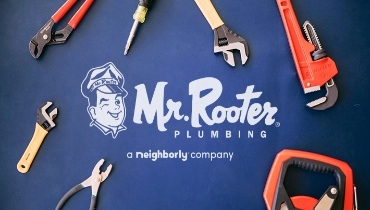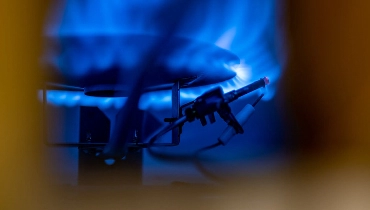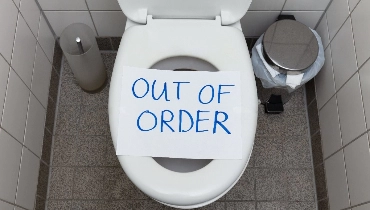Please Enter ZIP/Postal Code
- Apply Locally
- Call phone number(214) 838-8232 24/7 Emergency Services
Please Enter ZIP/Postal Code
- Apply Locally
Call phone number(214) 838-8232 24/7 Emergency Services


Something is wrong with your sewer pipes, but you don’t know what. Maybe you're hearing strange noises or smelling bad odors


Most people don't spend much time thinking about where their hot water comes from. As long as warm water pours out of the faucet w
Whether you’ve recently received a water bill that’s much higher than you expected or have begun to smell something fo
For most Vancouver property owners, the be-all-end-all of all household plumbing problems is a sewage backup. Ideally, everything


If you’re here, you're probably unlucky enough to have a drain fly infestation. Though these sink flies are relatively harml


Toilets are one of the most critically important fixtures in our homes. We simply can't live without them, which is why it's so ag